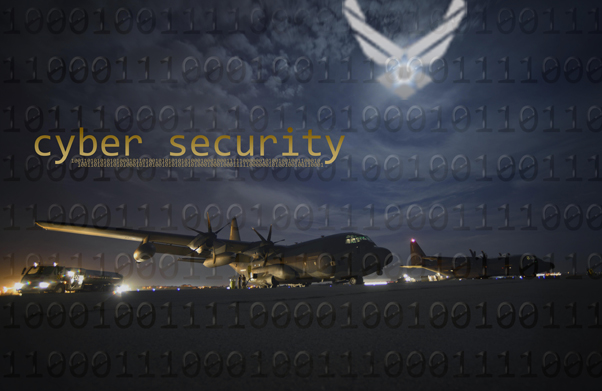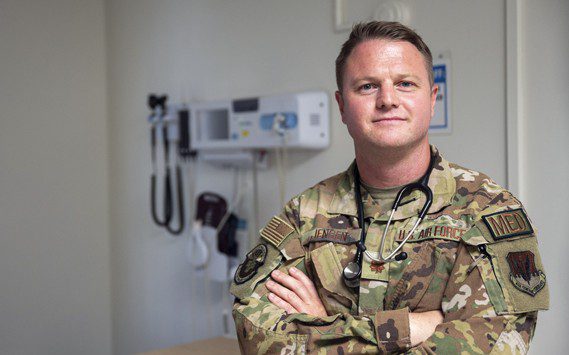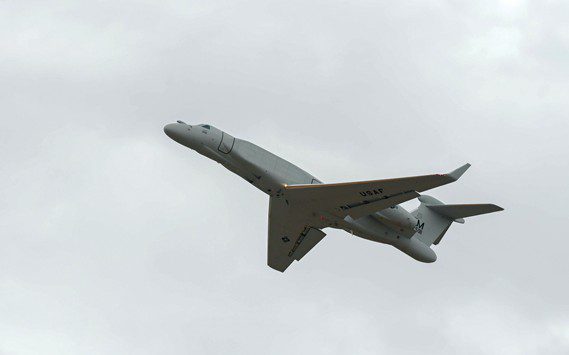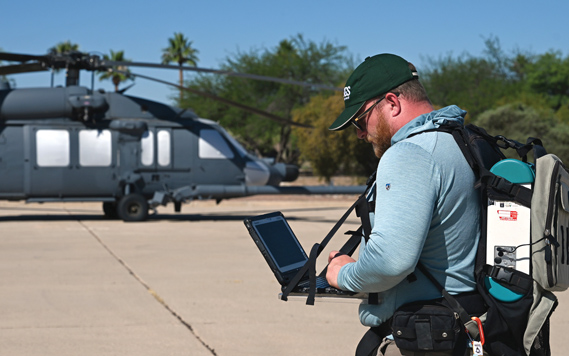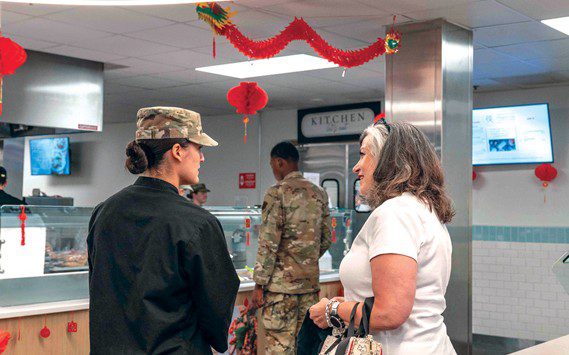MAXWELL AIR FORCE BASE, Ala. (AFNS) — Cyber experts from across the military, government agencies and private industry joined forces here April 27, to mitigate future cyberattacks within the U.S.
The Air Force Cyber College’s two-day wargame brought the CIA, FBI, Goldman Sachs and others into participation. Security experts analyzed how they handled cyberthreats independently, and how they could team to improve combat cyber incidents of national significance.
“Right now, the U.S. has no clear strategy when it comes to cybersecurity,” said Maj. Brian Buschur, a Lemay Center Wargaming Institute wargaming fellow. “We examine at what point the government and private security should step in with a cybersecurity issue.”
During the first day of the exercise, three scenarios took place for the agencies to act as they would in the real world. The first scenario focused on the financial sector, the second on cyberattack against power supplies and grids and the third was an attack on transportation.
“The current policy for these organizations was used in order to figure out what the hurdles are when it comes to info sharing or the ability to act against these malicious cyberattacks,” Bushur said. “We found when one organization had information that could have stopped a cyberattack, the information was not shared due to this current policy.”
The second day was a different outlook on how to share the information in time to stop an attack.
“We had everyone on the same team and put to use a new concept to try,” Buchur said. “When the information was shared freely, the cyberattacks were stopped just before causing any damage.”
“This wargame was as much about relationship building as it was about solution exploration,” said Air Force Col. Ronald Banks, the Air War College vice commander.
Banks’ new concept was introduced with the idea of a possible change to the whole of nation strategy toward cybersecurity, which brings the idea of connecting different organizations and sharing the information that could stop a cyberattack.
“The results of the wargame will be used to help develop a more strategic policy recommendation paper, which will be disseminated to all the participants,” Banks said.
From implementing this strategy, the participants will have the ability to see how the outcome affects experts’ views on cybersecurity, which could lead to a change in the near future.
“This is all just a proposal and there are a lot of ideas to try so the process can be more seamless than it is now,” said Troy Geiger, a Lemay Center Wargaming Institute wargaming program specialist. “There is a possibility to share information at the early stages so it can work out some responsibilities on both ends. It’s really just to flush out what the best way forward is.”






